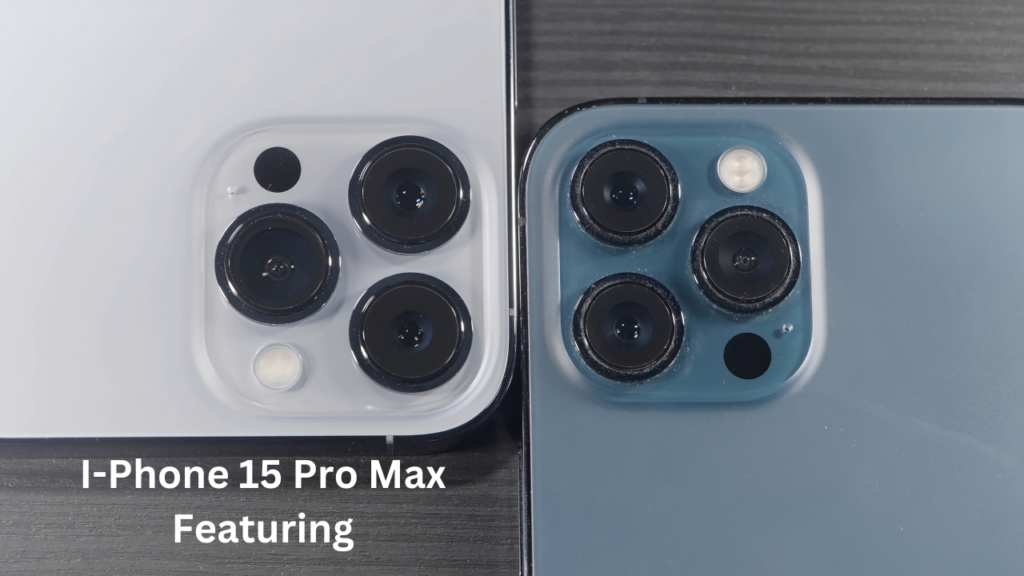Decoding the Phenomenon: Why the iPhone 12 Series Didn’t Go Viral
In the fast-paced world of technology, where trends come and go with the blink of an eye, Apple’s iPhone has long been a symbol of innovation and cultural significance. With each new release, anticipation reaches a fever pitch, and fans around the world eagerly await the unveiling of the latest iteration. However, despite the hype surrounding the iPhone 12 series, it didn’t quite achieve the viral status that many had expected. So, what factors contributed to this phenomenon? Let’s delve into the reasons behind the iPhone 12 series’ subdued viral impact.

1. Timing Amidst a Global Pandemic
One of the most significant factors that may have dampened the viral potential of the iPhone 12 series was its timing amidst a global pandemic. With the COVID-19 crisis dominating headlines and reshaping daily life around the world, consumer priorities shifted, and discretionary spending habits changed. In such uncertain times, the launch of a new smartphone may not have captured the public’s attention in the same way it would have during more “normal” circumstances.
2. Incremental Upgrades Over Revolutionary Changes
While the iPhone 12 series introduced several notable improvements, including 5G connectivity and a sleek new design, some critics argued that the upgrades were more incremental than revolutionary. Unlike previous launches that introduced groundbreaking features such as Face ID or the removal of the headphone jack, the iPhone 12 series may have lacked the wow factor necessary to generate viral excitement among consumers.
3. Saturated Market and Stiff Competition
In today’s saturated smartphone market, competition is fierce, with numerous manufacturers vying for consumers’ attention and dollars. With a plethora of options available, including flagship devices from Samsung, Google, and other rivals, the iPhone 12 series faced stiff competition that may have overshadowed its potential for virality. In such a crowded landscape, it becomes increasingly challenging for any single product to stand out and capture the public’s imagination.
4. Shift in Consumer Behavior and Priorities
The COVID-19 pandemic not only affected the timing of the iPhone 12 series launch but also led to a shift in consumer behavior and priorities. With many people working and socializing from home, the demand for smartphones may have waned as consumers focused on other priorities such as home office setups, streaming services, and home fitness equipment. In such a context, the iPhone 12 series may not have resonated as strongly with consumers as previous releases.
5. Evolutionary, Not Revolutionary Marketing
Apple’s marketing strategy for the iPhone 12 series emphasized its evolutionary features and improvements rather than focusing on revolutionary changes. While this approach may have resonated with loyal Apple customers who appreciate the company’s commitment to quality and innovation, it may have failed to generate the same level of excitement and buzz among casual consumers who are drawn to viral trends and sensations.